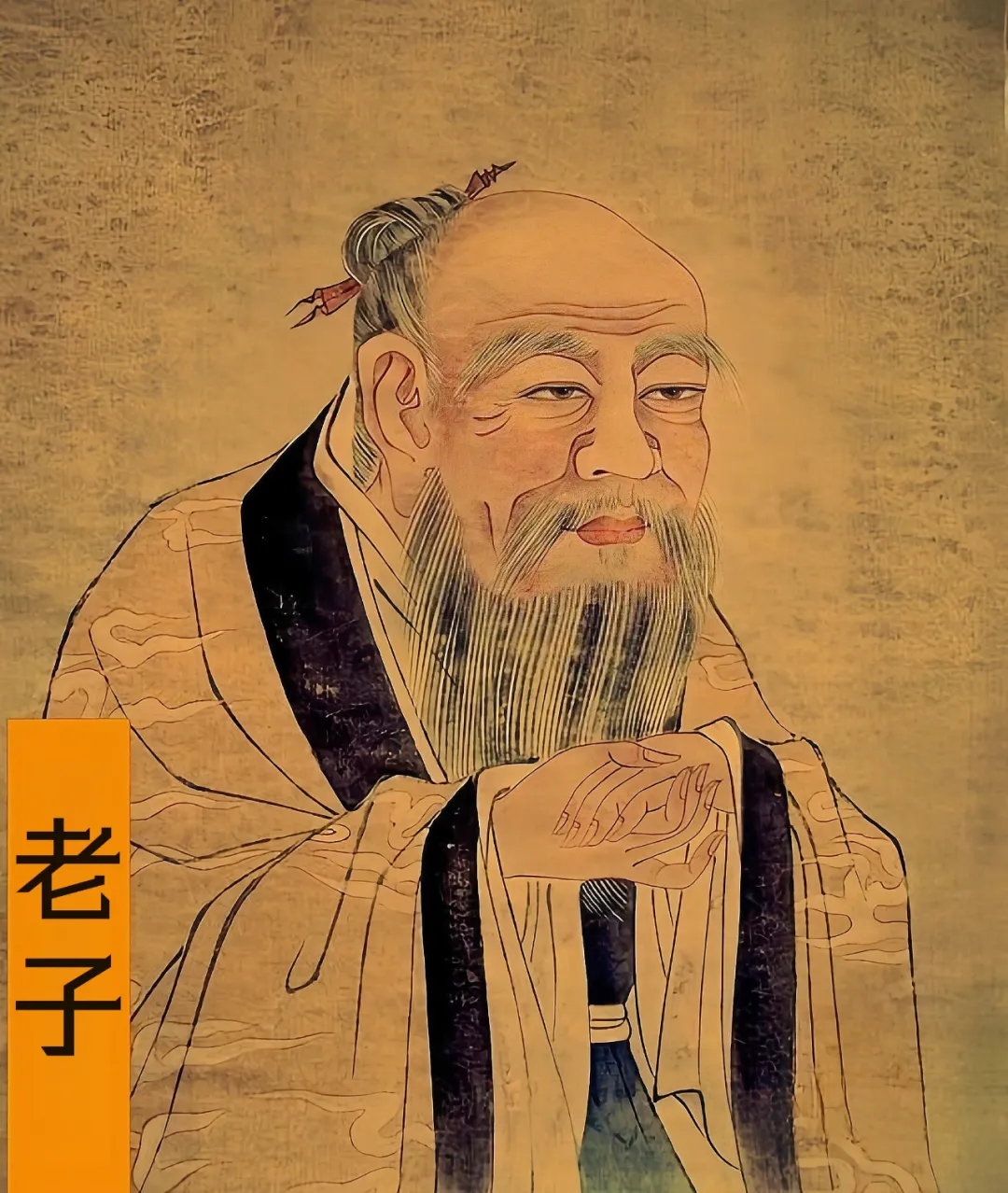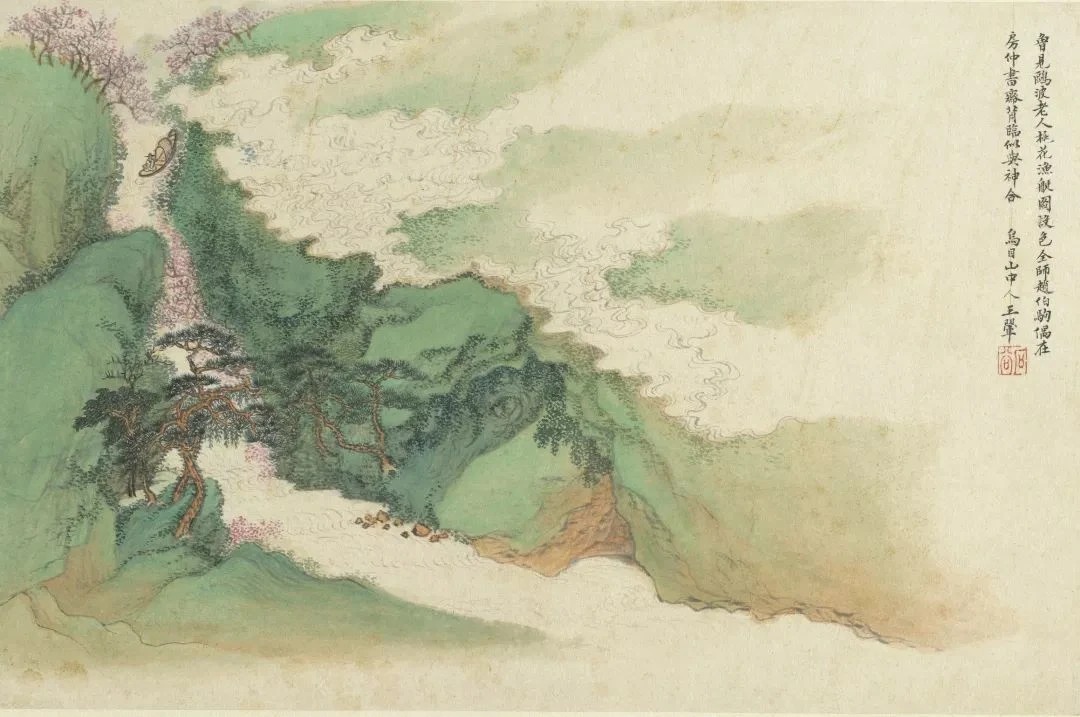Laozi's Ten-Character Mind Formula: Greatly Beneficial Upon Reading!
In our complex modern society, how can one maintain inner peace and vitality? Ancient Daoist wisdom lights the way. Laozi's Ten-Character Mind Formula condenses the core essence of Daoist cultivation.
Through the ten characters—"Virtue, Nourishment, Heart, Goodness, Nothingness, Fewness, Stillness, Sparseness, Blandness, Forgetfulness"—it reveals the fundamental path for self-cultivation, refining one's nature, and clarifying the mind to see one's true nature.
This article provides an in-depth analysis of this ten-character formula, assisting you in implementing Daoist wisdom in daily life to achieve body-mind harmony and return to simplicity and authenticity.

1. Virtue (德 Dé): The Foundation of Self-Cultivation and Establishing Life
Laozi said: "Constant virtue without departing, return to the state of an infant." Maintaining constant virtue is the foundation for returning to one's innocent nature and prolonging life. Achieve this by putting others first, attributing merit to others and faults to oneself, not clinging to self, not belittling others, being self-reliant, and being kind-hearted. With virtuous conduct complete, one can clarify the mind and see one's true nature.
2. Nourishment (养 Yǎng): The Way to Nourish Essence, Qi, and Spirit
Systematically preserve life energy by: "Speaking less to nourish internal Qi; reducing sexual desire to nourish essence Qi; eating blandly to nourish blood Qi; swallowing saliva to nourish organ Qi; abstaining from anger to nourish liver Qi; moderating diet to nourish stomach Qi; evening the breath to nourish lung Qi; fewer worries to nourish kidney Qi; careful actions to nourish spirit Qi."

3. Heart/Mind (心 Xīn): The Key Principle That All Dharmas Arise from the Mind
The heart/mind is the master of a person. Refining essence, Qi, and spirit must all start with refining the heart/mind. If the mind does not move, emptiness and stillness reach their ultimate; attaining the state of forgetting both self and others, having no mind to move, is approaching the Dao.
4. Goodness (善 Shàn): The Work of Accumulating Goodness to Build Virtue
Cultivate a good nature, preserve a good heart, perform good deeds, be good to others, and encourage others to do good. If inwardly and outwardly one preserves goodness, then virtue is complete. If everyone performs good deeds, evil diminishes on its own, and the nation is prosperous and people are at peace.

5. Nothingness (无 Wú): The State of Supreme Cultivation
Face realms as if no realms; dwell in dust as if no dust; move thoughts as if no thoughts; use the mind as if no mind. Attain the state of no self, no others, no living beings – this is the highest skill in Daoism.
6. Fewness (少 Shǎo): The Wisdom of Cherishing Blessings and Preserving Authenticity
Essence should have little leakage; spirit should have little exhaustion; Qi should have little depletion; blessings should be little enjoyed. One less worry, one more spirit – find true freedom in simplicity.
7. Stillness (静 Jìng): The Root for Generating Stability and Wisdom
The body desires stillness, the heart desires stillness, Qi desires stillness. Seek stillness within stillness, also seek stillness within noise. Stillness can generate stability; stability can generate wisdom.

8. Sparseness (寡 Guǎ): The Method for Purifying the Heart and Limiting Desires
Sparse speech nourishes Qi; sparse looking nourishes hearing; sparse gaining nourishes nature; sparse desires nourish essence; sparse movement nourishes spirit. If nothing is not sparse, then nothing is not clear.
9. Blandness (淡 Dàn): The Mindset of Being Detached from Worldly Concerns
The mind for fame should be bland; the mind for profit should be bland; the mind for sensual pleasure should be bland. If nothing is not bland, then nothing is not peaceful – find true tranquility in indifference.
10. Forgetfulness (忘 Wàng): The Ultimate Method for Nourishing Heart and Spirit
Forgetting things can nourish the heart; forgetting emotions can nourish nature; forgetting surroundings can nourish spirit; forgetting sensual pleasure can nourish essence; forgetting self can nourish emptiness. If nothing is not forgotten, then nothing is not nourished.
Putting this ten-character mind formula into practice is not the work of a single day; it requires constant introspection and mindful application in daily life. As virtue increases daily and the mind's nature clarifies daily, one will naturally return to simplicity and authenticity, attaining true freedom and peace in life.

